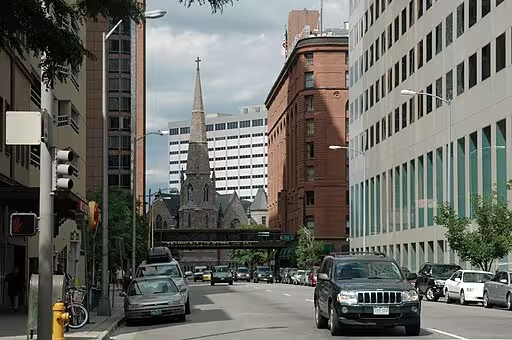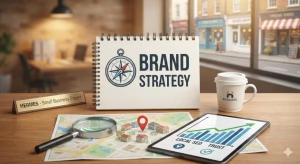Are you pouring your heart, soul, and savings into your Denver business, but you feel like nobody is listening or it there? It’s a frustrating, isolating feeling to know you have a fantastic product or an invaluable service, yet watch potential customers walk right by, their eyes glued to their phones, searching for a solution you provide but can’t seem to find. That feeling of being invisible in a bustling city of over 700,000 people is a weight no entrepreneur should have to carry. But what if you could turn that digital distraction into your greatest asset?
In today’s Mile High City, your website is more than just a digital address; it’s your 24/7 salesperson, your lead-generating machine, and your most powerful tool for building credibility. The right approach to Small Business Websites in Denver, Colorado is the critical factor that transforms you from a hidden gem into a household name. This guide is designed to cut through the noise and provide you with a clear, actionable roadmap. We will explore everything from powerful DIY platforms to finding the city’s top professional designers and, most importantly, how to leverage local SEO so that when your ideal customer searches online, they find you first.
Location of Denver, Colorado

Denver, the state capital of Colorado, is located in the north-central part of the state and is part of its own city-county. It county has an estimated 2024 population of 729,019.
Why Your Denver Small Business Needs a Powerful Website

In the competitive landscape of Denver, simply having a physical presence is no longer sufficient. A strategically built website is a fundamental asset, acting as the digital foundation of your business. Its importance cannot be overstated for several data-driven reasons.
First and foremost is credibility and professionalism. Today’s consumers are digitally conditioned. Before visiting a store, booking a service, or even making a phone call, their first move is to search online. A professional, modern, and fast-loading website signals that your business is legitimate, stable, and trustworthy. A poor website—or no website at all—can be an immediate red flag, costing you potential customers before you ever have a chance to engage them.
Secondly, your website is your most efficient engine for 24/7 lead generation. While your brick-and-mortar location in LoDo or your service truck in Centennial has operating hours, your website works tirelessly. It captures leads through contact forms, answers frequently asked questions via detailed service pages, and facilitates sales through e-commerce functionality, all while you are focused on other aspects of your business—or even fast asleep.
Furthermore, a website provides an unparalleled platform for showcasing your products and services. Unlike the limited space of a print ad or a social media post, your website allows for comprehensive descriptions, high-resolution photo galleries, video demonstrations, and detailed specifications. You have complete control over the narrative, enabling you to articulate your unique value proposition without ambiguity.
Finally, a well-optimized website is the great equalizer, allowing you to compete with larger businesses. National chains may have larger marketing budgets, but a strong local SEO strategy can allow your website to rank higher in local search results for relevant keywords. For a customer in the Highlands searching for “best local coffee shop,” your optimized website can appear above a Starbucks, leveling the playing field in a way that was impossible a decade ago.
The DIY Route: Building Your Own Small Business Website in Denver

For the entrepreneur operating on a lean budget, the Do-It-Yourself (DIY) approach to web development is a viable and empowering option. Modern website builders have democratized the process, removing many of the technical barriers that once required a significant capital investment.
Several platforms stand out for their ease of use and robust features for small businesses:
- Squarespace: Known for its award-winning design templates, Squarespace is an excellent choice for businesses where visual presentation is paramount, such as photographers, artists, and high-end consultants. Its all-in-one platform includes hosting, domains, and an intuitive drag-and-drop editor.
- Wix: Offering immense flexibility and a vast library of templates and apps, Wix is a strong contender for service-based businesses, restaurants, and startups. Its editor provides a high degree of creative control, though this can sometimes come at the cost of a steeper learning curve than Squarespace.
- Shopify: If your business model is centered on e-commerce, Shopify is the undisputed industry leader. It is a purpose-built platform for selling products online, managing inventory, processing payments, and handling shipping. While you can add a store to other builders, Shopify is built from the ground up for retail.
- WordPress.org: This is the most powerful and flexible platform, powering over 40% of the internet. It is important to distinguish WordPress.org (the self-hosted software) from WordPress.com (a hosted service). With WordPress.org, you have unlimited customization potential through themes and plugins. However, this power comes with responsibility. You will need to procure your own web hosting (from providers like Bluehost, SiteGround, or WP Engine) and manage security and updates yourself. It has the highest learning curve but offers the greatest long-term scalability.
Regardless of the platform, you must secure a Domain Name (e.g., yourdenverbusiness.com) and ensure your chosen template has a mobile-first design. With a significant portion of users searching on their phones while exploring areas like RiNo or Cherry Creek, a site that is not responsive is effectively broken. At a minimum, your site must include a Homepage, an About Us page to tell your story, detailed Products/Services pages, and a Contact Us page complete with your address, phone number, a contact form, and an embedded Google Map.
Hiring Professionals: Top Web Design and Development Companies for Small Businesses in Denver
There comes a point in the growth of many businesses when the limitations of a DIY site become a bottleneck. If you lack the time to manage your site, require complex custom features (like a booking system or client portal), or are ready to invest in a high-performance digital asset to gain a serious competitive edge, it is time to hire a professional agency.
Denver is home to numerous talented web design and digital marketing firms. When vetting potential partners, it is crucial to look for those with a proven track record of helping small businesses succeed locally. Here are a few examples of well-regarded agencies in the Denver area:
- Loud Mouth Media: Often praised for their focus on ROI-driven web design and marketing for small to medium-sized businesses.
- NEWMEDIA: A long-standing Denver agency with a large portfolio and a reputation for handling complex, custom development projects.
- Denverdata Web: Known for their comprehensive services that include web development, hosting, and ongoing IT support, making them a good option for businesses seeking an all-in-one technical partner.
Before signing a contract, conduct due diligence by asking critical questions:
- Can I see your portfolio of small business websites, specifically any in my industry?
- What is your strategic process for designing and developing a new website?
- How do you integrate Local SEO for Denver businesses into the website from the start?
- What is the estimated cost and a realistic timeline for my project?
- What are my options for ongoing support, maintenance, and updates after the site launches?
The right agency becomes a partner in your growth, not just a one-time service provider.
Local SEO for Denver Small Businesses: Getting Found in Your Community

A beautiful website is useless if no one can find it. For a Denver-based business, local search engine optimization (SEO) is the key to connecting with customers in your geographical area. This is the science of signaling to search engines like Google that you are the most relevant result for a user’s local query.
The cornerstone of your local SEO efforts is your Google Business Profile (GBP). This is the free listing that appears in Google Maps and the “Local Pack” results on the main search page. It is non-negotiable. You must claim and verify your listing, then meticulously complete every single section with accurate, keyword-rich information. Encourage your happy customers to leave reviews, as these are a major ranking factor. Regularly use the Google Posts feature to share updates, offers, and news.
On-page local SEO involves optimizing the content of your website itself. Your title tags, meta descriptions, and page content should naturally include geographic keywords like “Denver” and, where appropriate, specific neighborhood names like “Capitol Hill,” “Wash Park,” or “Highlands.” If you serve multiple areas, consider creating dedicated location-specific service pages (e.g., “Plumbing Services in Aurora,” “Landscaping in Lakewood”) to capture highly targeted traffic.
Finally, focus on local link building and NAP consistency. Your Name, Address, and Phone number (NAP) must be identical across all online directories, from Yelp to your industry-specific sites. Inconsistencies can confuse search engines and harm your rankings. Earn valuable “local links” by joining and getting listed in the directories of organizations like the Denver Metro Chamber of Commerce or the Colorado Small Business Development Center (SBDC) Network. Sponsoring a local event or being featured in a publication like 5280 Magazine can also provide powerful, authoritative backlinks that boost your local credibility.
Common Questions
During their research, Denver business owners frequently ask the same core questions. Here are direct answers to the most common queries.
- How much does a small business website cost in Denver?The cost varies dramatically. A DIY website using a builder like Squarespace can range from $200 to $1,000 per year, depending on the plan. A basic, template-based website from a freelance developer might cost $2,000 – $5,000. A custom-designed, professionally built small business website from a reputable Denver agency typically starts in the $7,000 – $15,000 range and can go much higher depending on the complexity of features and integrations required.
- What should be on a small business website?Beyond the essential pages (Home, About, Services, Contact), a high-performing website must include: clear and compelling calls-to-action (CTAs) like “Request a Quote” or “Schedule an Appointment”; social proof in the form of customer testimonials and reviews; and high-quality, professional photography of your team, location, and products. An active blog is also highly recommended for demonstrating expertise and improving SEO.
- How can I promote my small business website in Denver?Promotion begins with the local SEO strategies previously mentioned. Beyond that, consider targeted social media advertising on platforms like Facebook and Instagram, where you can target users by zip code. A local Google Ads campaign can drive immediate traffic for your most important keywords. Building an email marketing list to nurture leads and announce specials is another powerful, long-term strategy.
- What are the best platforms for a small business website?There is no single “best” platform, only the one that is best for your specific needs. Shopify is best for e-commerce. Squarespace is best for visually-driven businesses that value design simplicity. Wix offers great flexibility for service businesses. WordPress.org is the best choice for businesses that anticipate significant future growth and require maximum customization and control.
Conclusion: Your Next Steps to Online Success in Denver
Navigating the world of small business websites in Denver, Colorado can seem like a monumental task, but it is the single most effective investment you can make in your company’s future. Whether you choose the empowered path of a DIY build or the strategic partnership of a professional Denver digital marketing agency, the goal remains the same: to create a digital storefront that is visible, credible, and effective.
Your journey begins not with code, but with clarity. Take a moment to define the primary goal of your website. Is it to generate phone calls? To sell products? To book appointments? Once you have that answer, you can take the first tangible step. For some, that will be exploring Squarespace templates. For others, it will be scheduling a consultation with a local web design firm or a website firm such as WebHeads United. For everyone, a critical first action is to claim and fully optimize your Google Business Profile.
The digital landscape of Denver is your opportunity. By building a strategic, well-optimized website, you can ensure that when your customers search for a solution, your business is the one they find.











